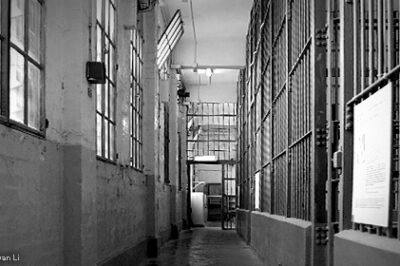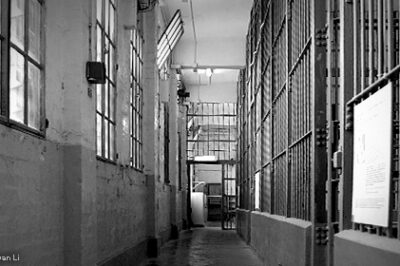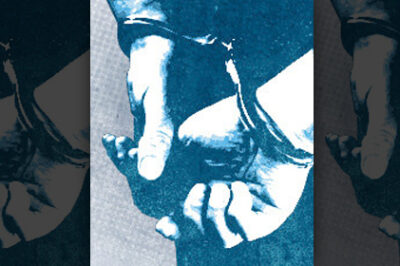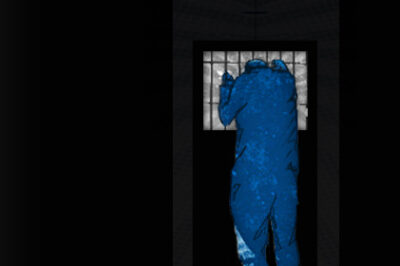Bio
David C. Fathi is Director of the American Civil Liberties Union National Prison Project, which brings challenges to conditions of confinement in prisons, jails, and other detention facilities, and works to end the policies that have given the United States the highest incarceration rate in the world. He worked as a staff lawyer at the Project for more than ten years before becoming director in 2010, and has special expertise in challenging “supermax” prisons, where prisoners are held for months or years at a time in conditions of near-total isolation. From 2012 to 2015 he represented the ACLU in negotiations leading to adoption of the United Nations Revised Standard Minimum Rules for the Treatment of Prisoners, known as the “Nelson Mandela Rules.”
From 2007 to 2010 Fathi was Director of the US Program at Human Rights Watch. The US Program works to defend the rights of particularly vulnerable groups in the United States, and has published groundbreaking reports on the death penalty, prison conditions, racial discrimination, the rights of immigrants, and many other human rights issues.
Fathi has lectured nationally and internationally on criminal justice issues. His op-eds have appeared in the Los Angeles Times, Chicago Tribune, Houston Chronicle, and other major media outlets. He is a graduate of the University of Washington and the Boalt Hall School of Law at the University of California, Berkeley. He lives in Washington, DC.
Featured work

Dec 12, 2012
US at UN Prisoners’ Rights Meeting: Progress, but Still Wrong on Solitary Confinement

Dec 11, 2012
U.S. Must Support Progressive Changes to Prison Human Rights Standards

May 10, 2012
ACLU v. CCA: The Private Prison Debate Challenge

May 3, 2012
Too young to shave, but old enough for solitary

Mar 6, 2012
Solitary Confinement in Arizona: Cruel and Unusual

Feb 28, 2012
Continuing the Fight for Civil Rights and Prisoners' Rights
Feb 24, 2011
Turning the Corner on Solitary Confinement?
Jul 9, 2010
Supermax Prisons: Cruel, Inhuman and Degrading
Jun 4, 2010
Buried in the Bureau of Prisons
